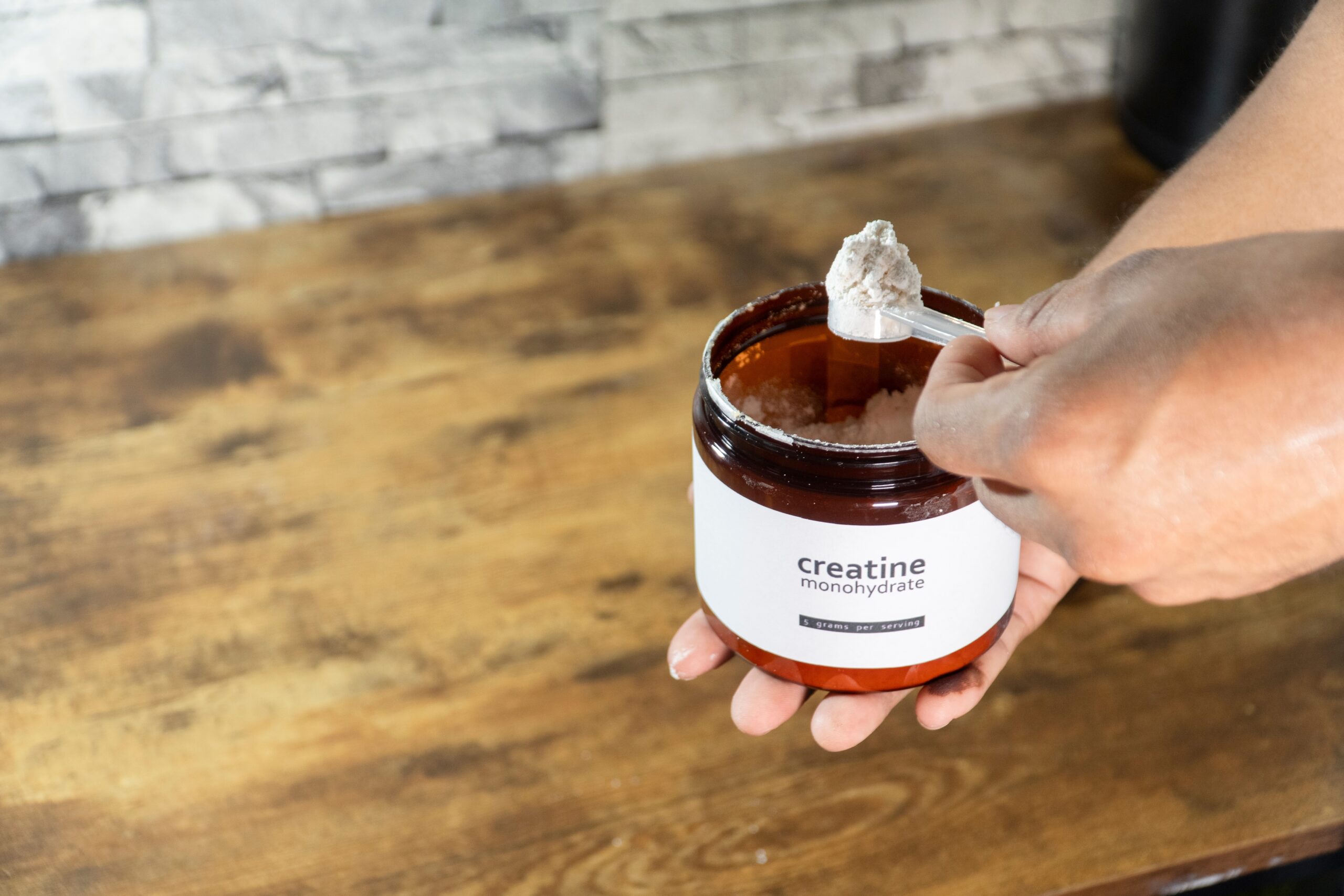What if a $25 tub of powder could change the trajectory of one of medicine’s most dreaded diseases—before the world even notices?
Story Snapshot
- First-ever human study hints creatine supplementation may boost memory in Alzheimer’s patients
- Findings spotlight the brain’s energy crisis as a breakthrough target for new interventions
- Results show safety and measurable brain changes, but experts urge caution until larger trials confirm benefits
- The research upends assumptions about what’s possible with over-the-counter supplements for neurodegeneration
Creatine’s Unlikely Ascent from Gym Bag to Alzheimer’s Clinic
Creatine, a supplement long associated with muscle-building and athletic bravado, has quietly emerged as an unexpected candidate in the fight against Alzheimer’s disease. University of Kansas Medical Center researchers led an eight-week pilot study giving high-dose creatine monohydrate to patients already diagnosed with Alzheimer’s. The clinical team found not only that the supplement was safe and tolerable, but it led to an 11% increase in brain creatine levels and moderate improvements in working memory and executive function—a result that’s raising eyebrows across the neurology community.
For decades, the Alzheimer’s research field has been locked in a frustrating stalemate, chasing proteins like amyloid and tau with little to show for it in terms of stopping cognitive decline. The KU team’s experiment targets an entirely different pathway: the brain’s failing energy metabolism. Instead of chasing the usual suspects, these scientists are exploring whether “recharging” the brain’s power grid can slow or even reverse symptoms. The findings are preliminary, but they open the door to a radical shift in Alzheimer’s intervention strategies.
Pilot Study Results Offer Hope—With a Dose of Realism
The pilot study, published in a peer-reviewed journal and funded in part by the Alzheimer’s Association, involved 19 participants who consumed 20 grams of creatine monohydrate daily for two months. The results, released in 2025, showed no serious adverse events and high compliance among the participants. More importantly, researchers documented measurable increases in brain creatine via imaging, alongside cognitive gains described as “moderate but meaningful.” Lead investigator Dr. Matthew Taylor cautioned that while the changes are promising, the study’s small size and lack of a placebo group mean the results should be considered a first step, not a definitive answer.
Families and patients, meanwhile, are watching closely. With current FDA-approved drugs offering only modest symptom relief and doing nothing to halt disease progression, any glimmer of hope is significant. The idea that a supplement found in grocery store aisles could move the needle on such a devastating disorder is as tantalizing as it is controversial. Still, researchers and advocacy groups alike are clear: more data, from larger and controlled trials, are needed before creatine can be recommended as a standard therapy.
The High Stakes of Rethinking Alzheimer’s Treatment
Alzheimer’s disease exacts a massive toll on families, healthcare systems, and society at large. The urgency for new treatment approaches cannot be overstated. For years, research dollars have flowed toward targeting the disease’s notorious protein plaques, but repeated clinical trial disappointments have left many searching for alternatives. Creatine’s role as a cellular energy booster introduces a fresh angle: what if the problem is not just toxic proteins, but also a fundamental power failure in the brain’s mitochondria? This metabolic hypothesis is gaining traction, and the KU study puts creatine at the forefront.
Other supplements—lithium, nicotinamide, green tea extracts—have enjoyed fleeting moments of scientific optimism, only to underperform in rigorous trials. Skeptics warn that without larger, placebo-controlled studies, creatine could follow the same trajectory. Yet, the uniqueness of creatine’s mechanism and its established safety profile for other uses make it especially intriguing for further exploration in neurodegeneration.
Why This Could Change the Alzheimer’s Landscape—or Not
If ongoing and future studies confirm creatine’s cognitive benefits, the implications stretch far beyond individual patients. A low-cost, widely available supplement could shift the economics of Alzheimer’s care, potentially slowing disease progression and reducing the socioeconomic burden on caregivers and public health systems. The supplement industry, memory clinics, and regulatory agencies are all watching with cautious optimism.
However, the road from promising pilot study to public health recommendation is long and fraught with pitfalls. The history of Alzheimer’s research is littered with false dawns. Experts urge patients and clinicians to resist the temptation to self-prescribe until larger trials validate both the safety and efficacy of high-dose creatine supplementation in this vulnerable population. For now, this story serves as a beacon for a broader shift in research—one that prioritizes brain energy metabolism as a central pillar in the fight against cognitive decline. The coming years will determine if creatine’s moment in the Alzheimer’s spotlight is fleeting or transformative.
Sources:
KU Medical Center: Creatine Alzheimer’s Research
Alzheimer’s & Dementia: Translational Research & Clinical Interventions








